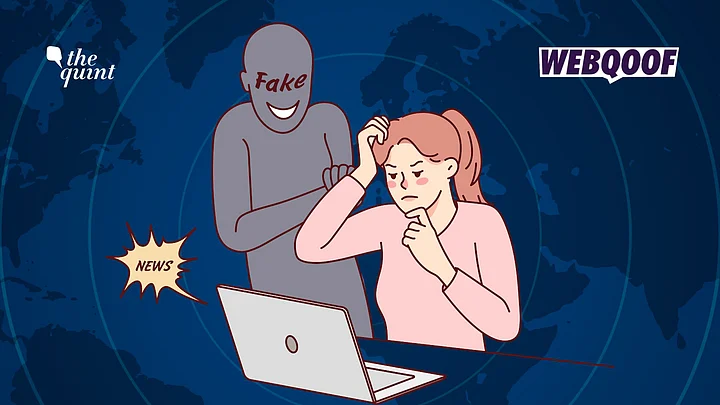Despite a growth in the growing number of tools and media literacy campaigns, a "significant portion of the public have lost trust in all media," a consumer research report published by Logically Facts found.
The study – which was conducted in March and April 2023 and conducted by Censuswise – surveyed over 6,000 people in the US, UK and India to examine people's attitudes towards media, technology, fact-checking, and information they consumed on social media platforms.
"...our research reveals that the public are supporting fact-checking in all geographies and across both genders and all age groups," it read.
The report added that people seem to be comfortable with advanced technologies being applied to fact-checking, when paired with human expertise.
Despite this, the study found that about 22 percent of the public had lost trust in all media, and even those who trust the media (13.73 percent) were more likely to trust some social media platforms over "traditional mainstream media."
Here, the report mentioned that the women surveyed were more likely to distrust all sources of information over men. However, the women (16.39 percent) trusted mainstream media more than men (11 percent).
Though people seem to trust the information they consume on social media, eight percent of the study's respondents believed that these platforms should remain free of any fact-checking, which 84 percent trusted their own abilities to "sort fact from fiction."
The study's respondents in India said they believed information that they get from YouTube and WhatsApp more than what was put out by mainstream media.
Logically Facts' report categorically mentioned that a majority of its respondents were aware of the growing mis/disinformation problem on the internet.
A whopping 74 percent of those surveyed said that they were familiar with fact-checking, while 72 percent of them believed that "society and politics" were undermined by false and inaccurate information being shared across social media.
Here, the study found that over 92 percent of surveyed Indians were "somewhat or fully trusting of their own abilities," followed by 83 percent and 74 percent of the respondents from the US and the UK, respectively.
Across all demographics, offline harm was considered as the most common negative outcome of mis and disinformation, followed by encouraging unrest.
When asked about where they thought fact-checking should be applied the most, most respondents said that elections and politics was the top area where it is needed.
However in India, “Healthcare and people’s health choices” edged out “Elections” as the number one concern at 23.54 percent.
Around 66 percent of the survey's respondents expressed a desire to be better educated at spotting misinformation, with 61 percent saying that they believed platforms and organisations can "do more to verify claims."
Elaborating on the relevance of technology in this space, a majority (71 percent) expressed comfort with technology and tools aiding the process of fact-checking.
However, when discussing Artificial Intelligence (AI) tools, 36 percent of respondents expressed trust in them, a quarter of them did not trust these tools, while 39 percent said that they had not had enough experience to decide whether or not AI tools could be trusted.
(Not convinced of a post or information you came across online and want it verified? Send us the details on WhatsApp at 9643651818, or e-mail it to us at webqoof@thequint.com and we'll fact-check it for you. You can also read all our fact-checked stories here.)
(At The Quint, we question everything. Play an active role in shaping our journalism by becoming a member today.)
